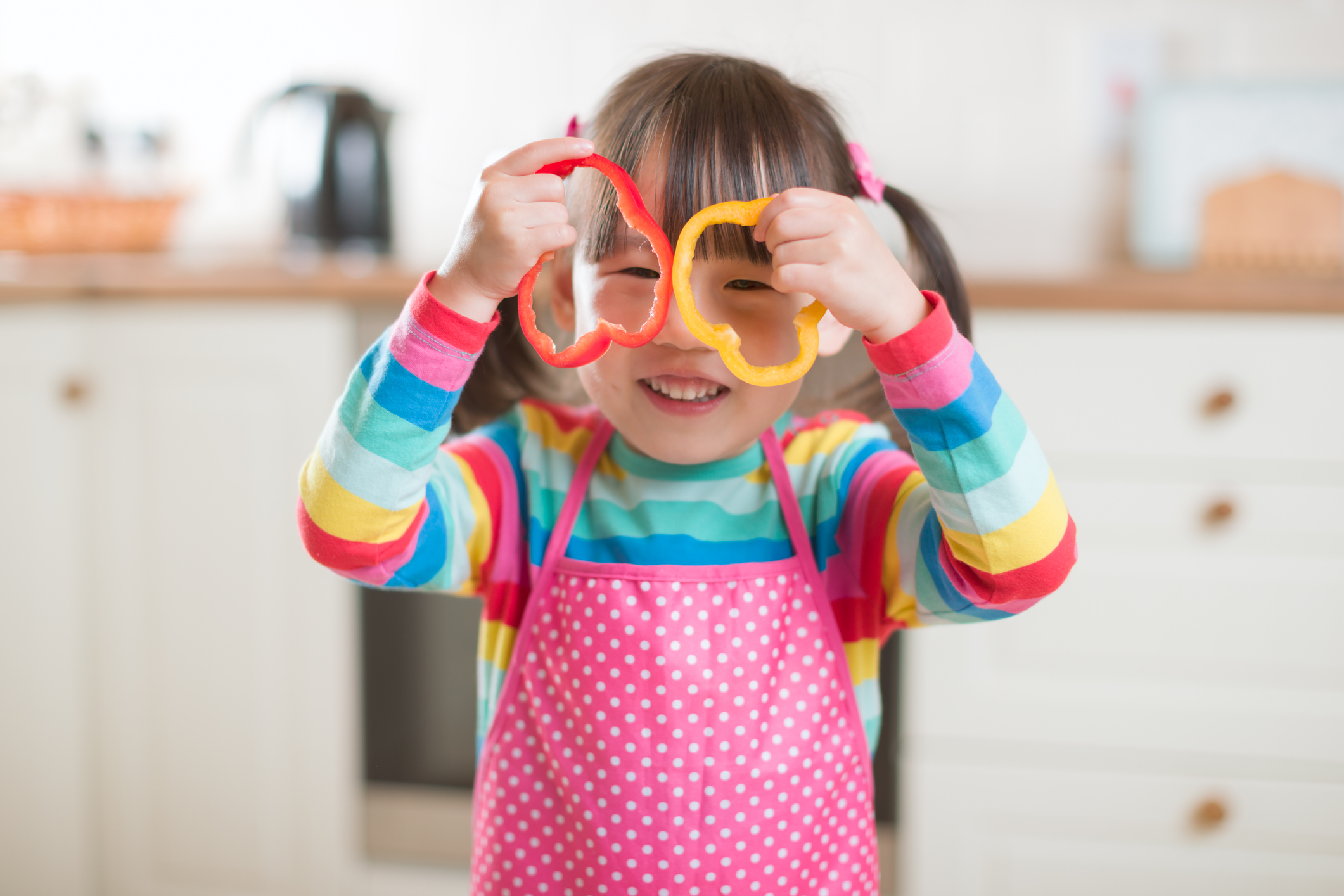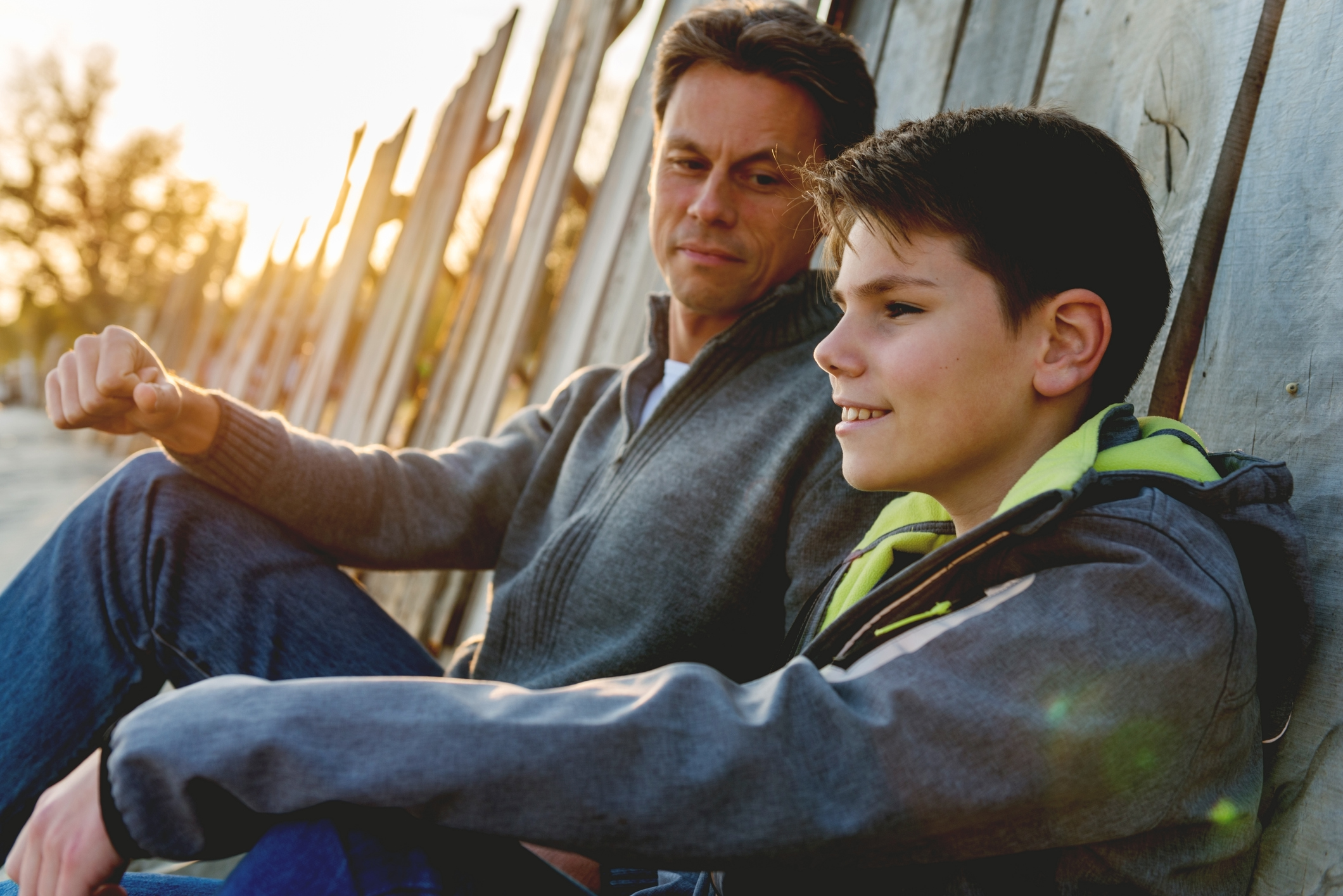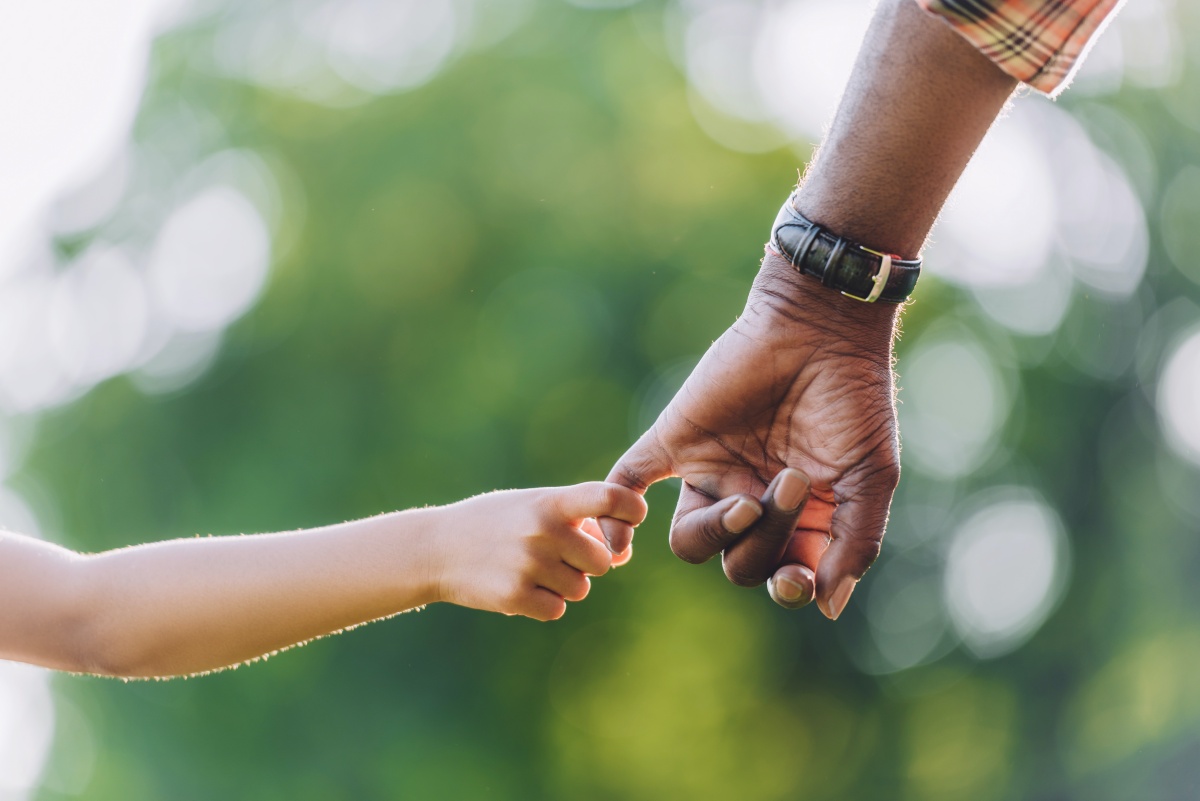
It seems like every day we’re met with the news of horrific stories from around the world or personal tragedies that hit closer to home. Whether you’ve got a kid who’s great at expressing themselves or a kid who likes to keep mostly to themselves, in the world in some way, we’re all being affected by the uncertainty of what’s going on.
More and more, we’re hearing of kids who are sinking into the deep wells of depression and chest-seizing anxiety, and for many of us parents, we haven’t got the slightest idea what to do when we’re faced with the signs that our kids are just not OK. We either default to silent panic, avoidance, or sometimes, we miss these signs altogether. So…what can parents do to help their kids navigate their anxiety and depression and show up for our kids when they need us the most?
Make sure you identify the signs
Sometimes, the signs are hard to identify in kids, especially the older ones. But if you look closely, you may be able to pick up on a few. Some of the telltale signs your kid may be struggling is a change in their personal rhythms, such as eating and sleeping, and withdrawing from their normal activities.
Other times, their bodies will tell they’ve got something more going on than they’ll share with you — including headaches, rapid weight loss, and tension being held in different areas of their bodies.
Listen and ask the right questions
Before we all went into isolation, us parents could rely on not only ourselves to notice any changes in our kids, but their teachers, youth group leaders, and other caring adults. Now, it’s just on us. So, if you start noticing something’s off with your kids, the very first thing you should hone and practice are your being present skills. Sit with your kids and try your best to hear what they’re saying and not saying. Ask them questions to get them to go deeper, and try to resist the urge to have all the answers or fill the moment with happy talk. It’s way more important to be a good listener.
Don’t interrupt their emotions
We’ve all done it — we’ve noticed someone is sad and we make it our personal mission to lift them up out of their grief. But when we do this, it’s often done selfishly. It’s how we’re reacting to the feeling of their anxiety and fears. We’re trying to take control of the situation.
Instead, be a place where they can come and seek comfort and guidance when they ask for it. Have empathy and love them the best way you can.
Do a daily check in
Even if everything seems OK with your kids, checking in with them every day is a great way to keep a pulse on how they’re feeling. The body is a great truth teller, so ask them how they’re feeling on a scale of one to 10, ask them how they’re feeling in their mind, heart, and body. Be as deliberate about this as you can.
These are hard times we’re living in. If at any point you feel like you need to call in reinforcements, now would be a great time to do that. Don’t wait. Telehealth options are making mental health professionals even more accessible right now.





